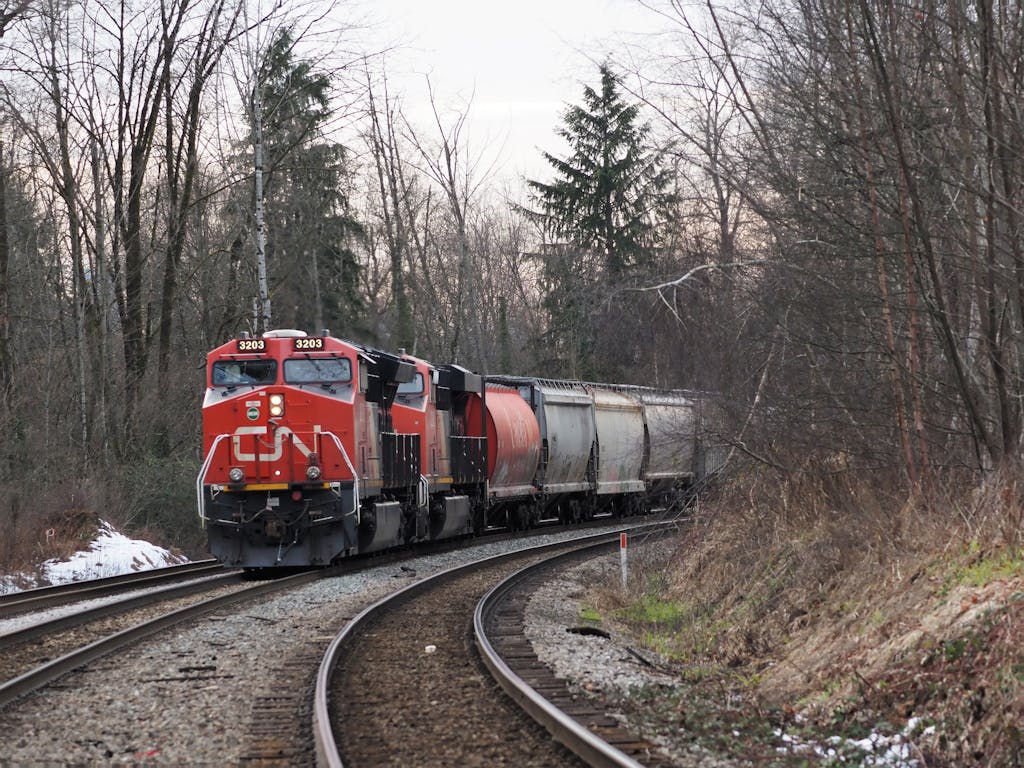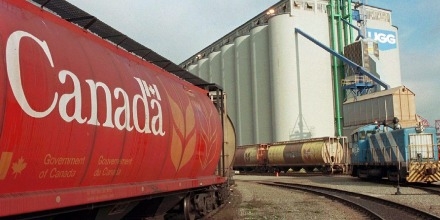The United Kingdom deciding to suspend bi-lateral trade negotiations with Canada over a handful of issues may be a tactic that could backfire, according to Canada’s High Commissioner Ralph Goodale.
On Thursday, the U.K. announced the suspension of talks after Canada decided not to extend two temporary trade measures – a special quota on U.K. cheese exports, which expired in December 2023, and country-of-origin rules on products being exported, which is set to expire at the end of March. Those measures were in place since Britain left the European Union.
Another big issue is Canadian beef. The U.K. doesn’t allow hormone-treated beef and pork imports from Canada, but is able to export approximately 40-thousand tons of beef to Canada annually.
In an exclusive interview with SaskAgToday, Goodale believes walking away from the table is “walking away from a solution”. “They somehow think that not negotiating will expedite a solution, and I think quite frankly they’re shooting themselves in the foot.” he said.
Goodale maintains there are three ways to resolve the issues: first is getting back to negotiations, the second is tariffs or halting access altogether, which Goodale says is counterproductive, and the last is going through dispute settlement litigation through the World Trade Organization, though the latter option could take years before an outcome is produced.
He says in any scenario, especially in litigation, Canada has leverage. “In a trade litigation case, Canada will win,” said Goodale. “The British position is simply wrong factually and its entirely unfair, so from a Canadian point-of-view we will defend our producers’ interests and we won’t be intimidated by somebody walking away from the table because we know, on the substance of these issues, both the facts and the law are on Canada’s side.”
When asked how he could use his role as High Commissioner to get talks back in the right direction, Goodale says it’s mainly through diplomacy. “You have to be strategic in deciding when to have those conversations, but the Minister of Trade (Mary Ng) has already indicated that Canada is always ready, willing, and available to have those conversations. We’ll make it abundantly clear to the U.K. that conversation and negotiation is a much better way to proceed and I think eventually this work will get back to the table – in a practical way that’s how you solve these kinds of problems.”
Disappointed but not surprised: CCA
The Canadian Cattle Association (CCA) say while they’re disappointed with the latest development, they commend the federal government and its negotiators for stepping up for cattle producers. “We got to give the Government of Canada its props for standing up for us feed producers in drawing the line that they’re not bending until these bi-lateral issues get resolved.” said Nathan Phinney, president of the CCA.
The Canadian cattle sector, including the CCA, has argued the British ban isn’t based on any scientific evidence. Phinney says to break the standstill between Canada and Britain, the trade rules have to be science based, not politicized. “When it gets politicized, you don’t have free trade because it can go any direction,” he said. “So if we want to trade globally, it has to be science and rules based and then you have a standard which you can follow, but until that (happens) if we start politicizing every issue you don’t have free trade you have whatever the government of the day decides that it may or may not want to support or have the political pressures of what they may or may not to support.”
Canada and the U.K. continue to trade through the Trade Continuity Agreement (TCA), an agreement according to Goodale that is 98 to 99 percent tariff-free.
Phinney, however, says if things continue the way they are, he’s in favour of putting tariffs on the British. “I would,” Phinney said. “We’ve got ample trading partners across the globe that show good, open, fair trade and as far as I’m concerned we should continue to support those trade deals and negotiations to people that want to and that’s where we should be focusing on sending our product and receiving from those places as well – that’s what the principles of free and open trade are.”
The CCA President also believes the U.K. walking away from talks could negatively affect their application into the Comprehensive and Progressive Trans-Pacific Partnership (CPTPP). “They’re (U.K.) the only country that holds our food safety systems to this regard and doesn’t recognize it like the rest of the world does,” Phinney said. “There isn’t an issue anywhere else – the science, the rules and research are behind us on that and there’s a reason why we do trade with as many countries that we do.
“It shows a clear signal when they get up and walk away from the table…so it would raise questions if it was me if they’re really considering free and open trade.” Phinney added.
The United Kingdom is Canada’s third largest trading partner, behind China and the United States. Annual Canada-U.K. trade is valued around $46-billion.



